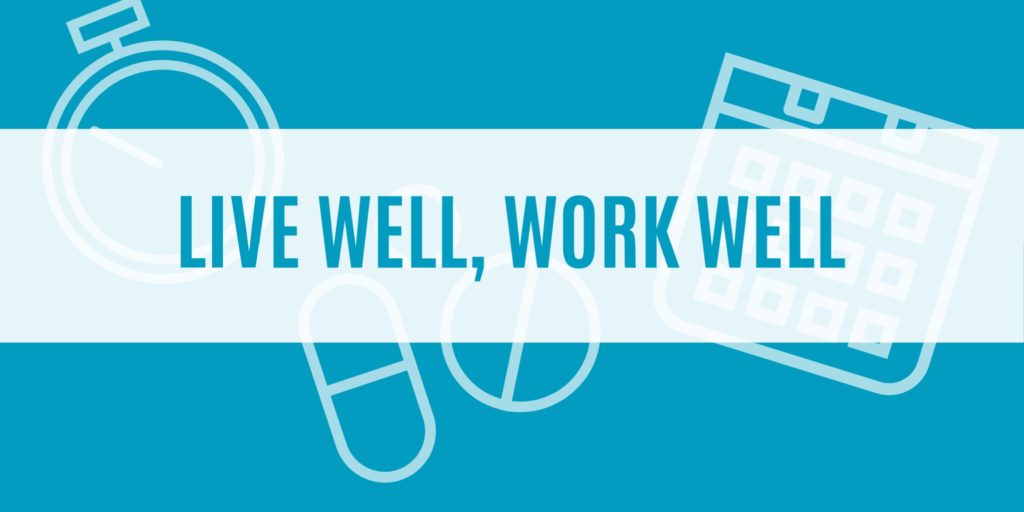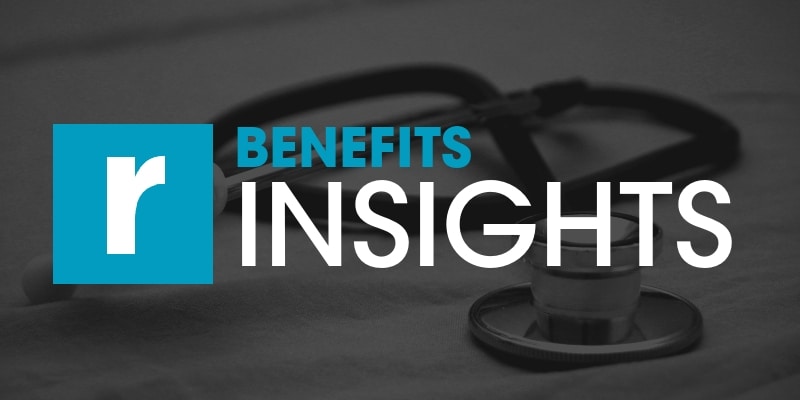25 Sep Keeping Political Discussion Civil at Work
 Political discussion has and will continue to be a reality in many work environments. Work can already be a stressful place for many, with political discussion adding an additional stressor for employees—and in many cases, an additional concern for employers. While disagreement in and of itself isn’t always a detriment to all workplaces, political discussion can negatively affect the work environment for many employees.
Political discussion has and will continue to be a reality in many work environments. Work can already be a stressful place for many, with political discussion adding an additional stressor for employees—and in many cases, an additional concern for employers. While disagreement in and of itself isn’t always a detriment to all workplaces, political discussion can negatively affect the work environment for many employees.
This article addresses the impact that political discussion has in the workplace and steps that employers can consider to help keep political discussion civil.



 An unintentional phenomenon is on the rise—pandemic fatigue. Many people are tired of staying at home and want to be the social creatures they inherently are. In short, a lot of people want their “normal” back.
An unintentional phenomenon is on the rise—pandemic fatigue. Many people are tired of staying at home and want to be the social creatures they inherently are. In short, a lot of people want their “normal” back. Fear, worry, and stress are normal responses to perceived or real threats, or when faced with uncertainty. Understandably so, it is normal that people are experiencing worry or stress during the coronavirus pandemic.
Fear, worry, and stress are normal responses to perceived or real threats, or when faced with uncertainty. Understandably so, it is normal that people are experiencing worry or stress during the coronavirus pandemic.